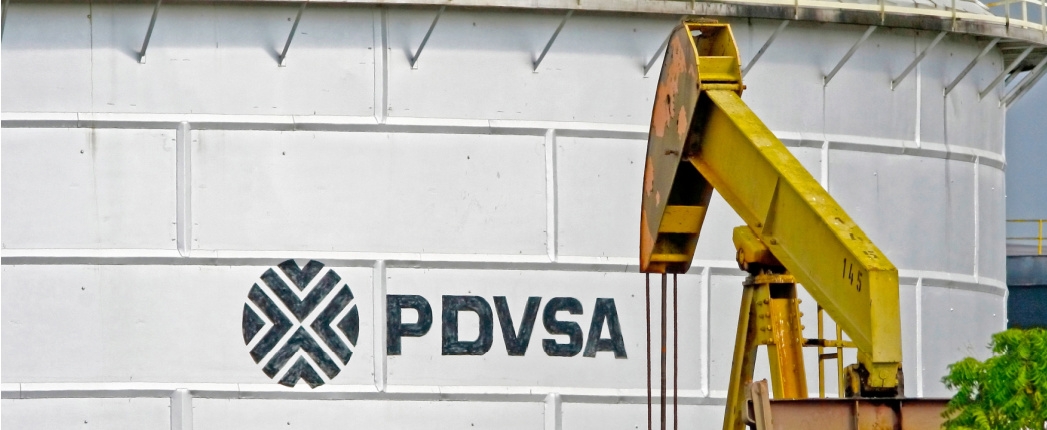
Amid early signs of a thaw in international relations, Venezuela’s economy and lubricant market have begun to rebound, stirring renewed interest by domestic and international companies alike.
Lubricant demand remains much lower than it was before the crisis that the country has labored under the past eight years, but domestic suppliers are ramping up operations, and foreign ones are considering steps into the market.
Under President Nicolas Maduro, Venezuela has been bludgeoned by economic contraction, inflation and shortages of a wide range of product, including lubricants. The calamity has been blamed on government policies and international sanctions led by the United States in protest of what it calls human rights abuses and anti-democratic actions by Maduro’s administration.
In 2016, domestic lubricant consumption stood at 20 million liters, the president of the country’s Lubricating Oil and Grease Manufacturers Association, or Afalub, said for an article published by local news organization Petrogui. That number sank to just 2 million liters in 2020 during the COVID-19 pandemic but rebounded to 6 million liters in 2023. Lube Report was unable to reach association officials.
Analysts say the economy is rebounding for several reasons, including the end of the pandemic, but perhaps most importantly because the United States has eased sanctions against the country, giving American energy company Chevron a green light to operate there.
In light of that move, at least six other oil and gas companies already operating in the neighboring country of Colombia are eying possible returns to Venezuela: Halliburton, Schlumberger and Baker Hughes, which are all headquartered in the U.S., as well as Spain’s Repsol and Italy’s Eni. Eni’s entry would focus on the lubricant market.
Maduro’s administration is boasting about the return of the country’s economy and state-run oil company Petroleos de Venezuela S.A., which formerly dominated the lubricant market. Officials touted recently that PDVSA lubricants will return to the market again soon after the company restarted one of its main blending plants in October.
Petrogui reported Afalub President Antonio Rodriguez saying that local companies currently supply 60% of domestic lube demand but that they are capable of supplying 100%. Of the 130 brands or so that supplied the market in 2023, nearly 80 were coming from outside the country.
Among the local companies capitalizing on the reopening of the economy are auto parts and lubricants company FC, which has thousands of commercial establishments throughout Venezuela and Industrias Cagua, known locally as Inca, which is making a comeback from recent U.S. restrictions.
Some companies are entering partnerships in efforts to boost sales. Lubricantes Giro which is in states such as Carabobo, Cojedes, Aragua, Estado Nueva Zapata, Distrito Federal, Los Altos Mirandinos and Falcon, has partnered with American refiner Philips 66. Disbattery Lubricantes has become the exclusive lube distributor of energy and petrochemical giant Shell with the help of its distribution network Blitz, Dilcovica, Grupo Disbattery, Luselago and Oceano Pacífico. Disbattery Lubricantes also has its own brand of fluids and filters called Qualid.